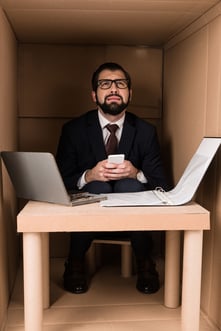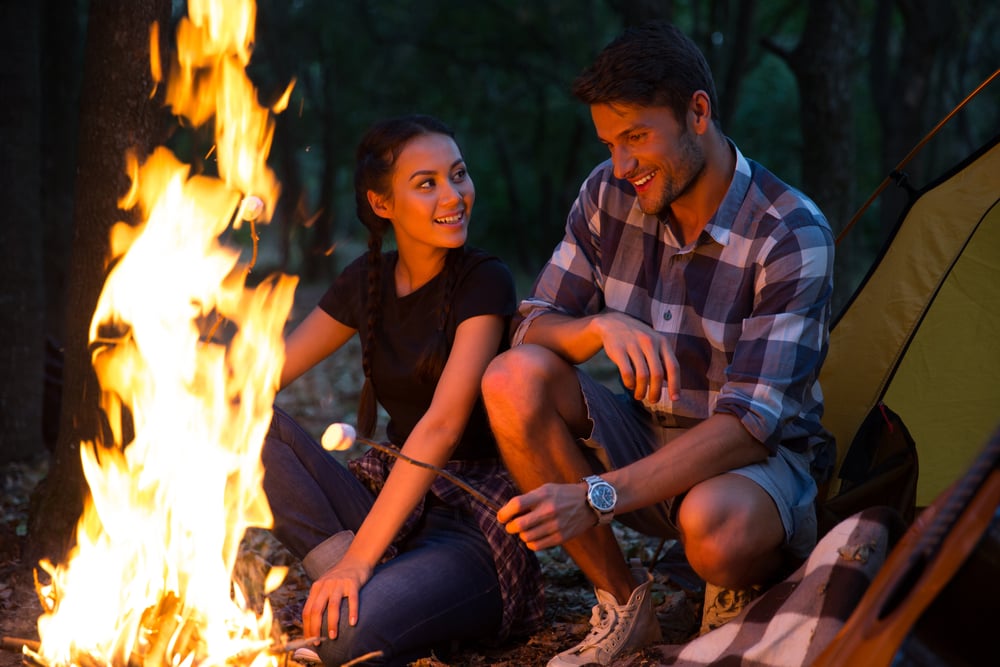
While backyard bonfires are a common activity for many over the summer months, they do come with risks, including property damage, injuries, and even accidental ignition of widespread wildfires. It’s important to know the risks that come with bonfires, be aware of any outdoor fire restrictions, and take proactive measures to prevent property damage and injuries if you choose to host one. Always follow your municipal bylaws, check for fire bans, and take these safety precautions if you’re hosting or attending a backyard bonfire:
- Surround your bonfire with bricks, sand, or patio stones. This can help prevent grass fires or injuries caused by sparks or burning logs rolling out of the fire. Setting up your bonfire on a flat surface and using a well-maintained fire barrel can also help keep your bonfire contained. If you’d prefer to use a patio heater, you can follow similar steps to keep it secure.
- Only burn seasoned hardwood. Other materials like tires, trash, leaves, or construction materials can cause excessive amounts of smoke and release harmful toxins into the air.
- Light your bonfire with small kindling or paper products. Using kerosene, alcohol, or lighter fluid can result in a fire that burns out of control, leading to a larger fire on your property, as well as increasing your risk of injury.
- Only light a fire on days when winds are low and humidity is high. These weather conditions will reduce the risk of your fire burning out of control and igniting a grass fire. Pay attention to how much rainfall there has been over the past few weeks and avoid a backyard fire during excessive dry periods, as you may increase your risk of causing a wildfire. You should also check with your local fire department to ensure you’re not planning a bonfire during a public fire ban.
- Keep the fire away from powerlines, tree branches, and neighbouring structures. Leave a minimum distance of at least five times the height of the bonfire.
- Have a source of water on hand. You’ll need easy access to a bucket of water or garden hose to quickly put out the fire in case of an emergency. When you’re done enjoying the bonfire, you’ll need more water to fully extinguish it before leaving the area.
- Never leave the fire unattended. Ask another adult to keep watch. If no one else is present, always fully extinguish the fire before you leave — even if it’s for only a moment.
Sometimes accidents happen, even when you’ve taken all the right precautions, so it’s important to be proactive about your insurance coverage, too. Reach out to find out how your home insurance policy would respond in the event of a bonfire-related mishap.
With thanks to Economical Insurance for their editorial contribution.
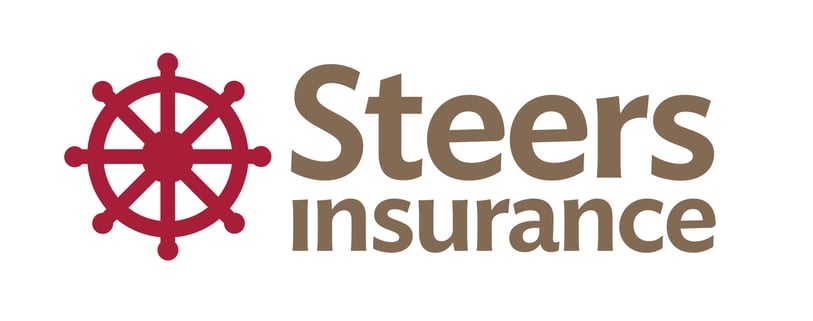

 ;
;
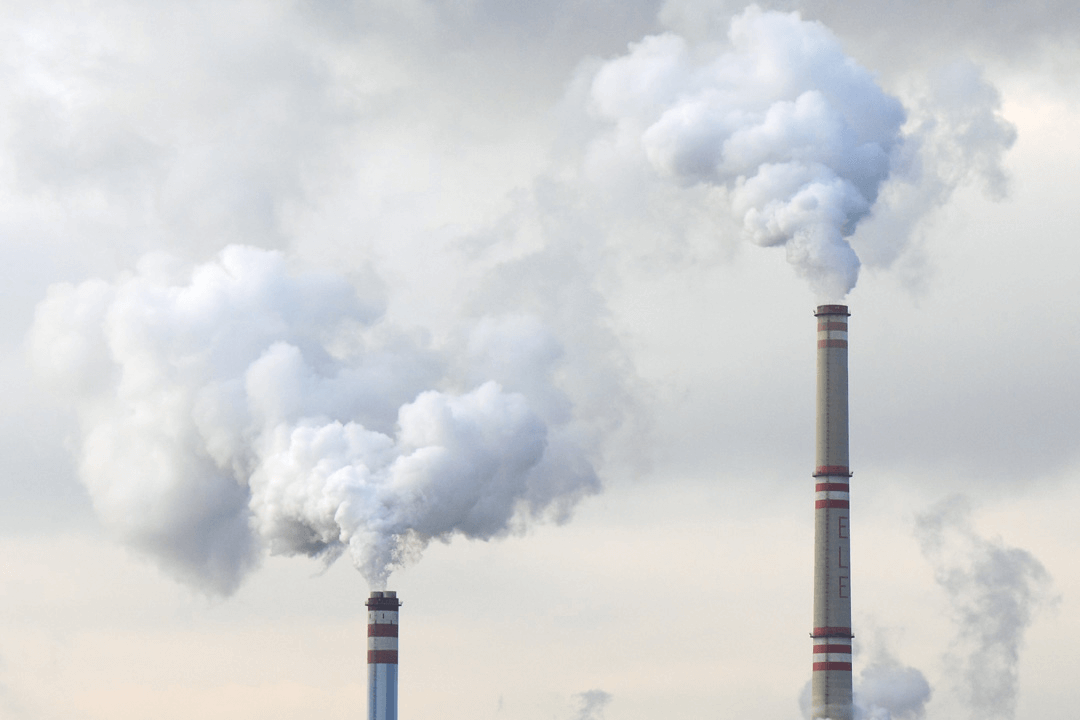 ;
;
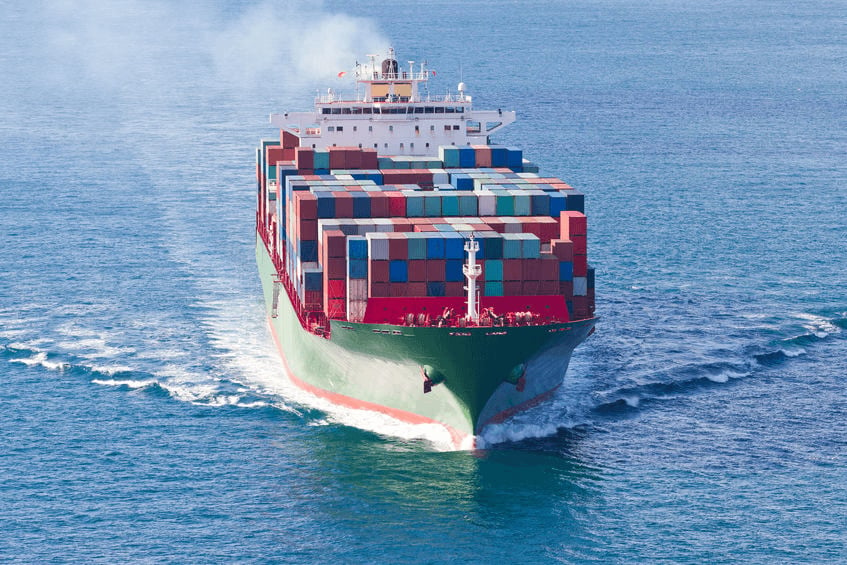 ;
;
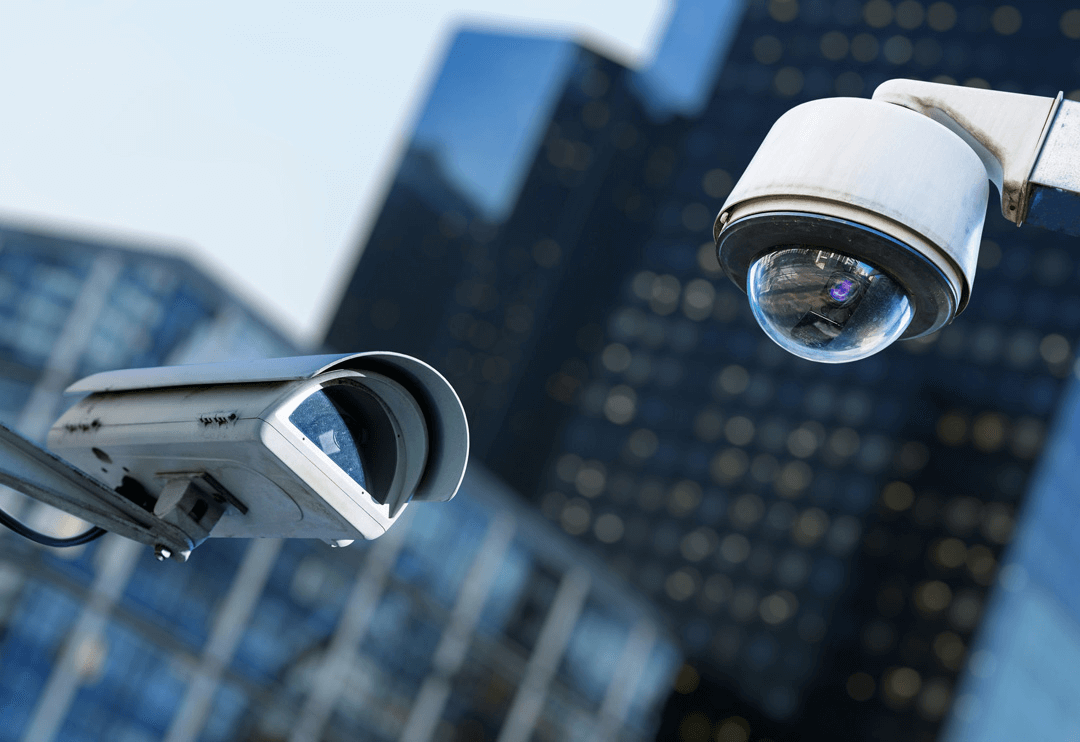 ;
;
 ;
;
 ;
;
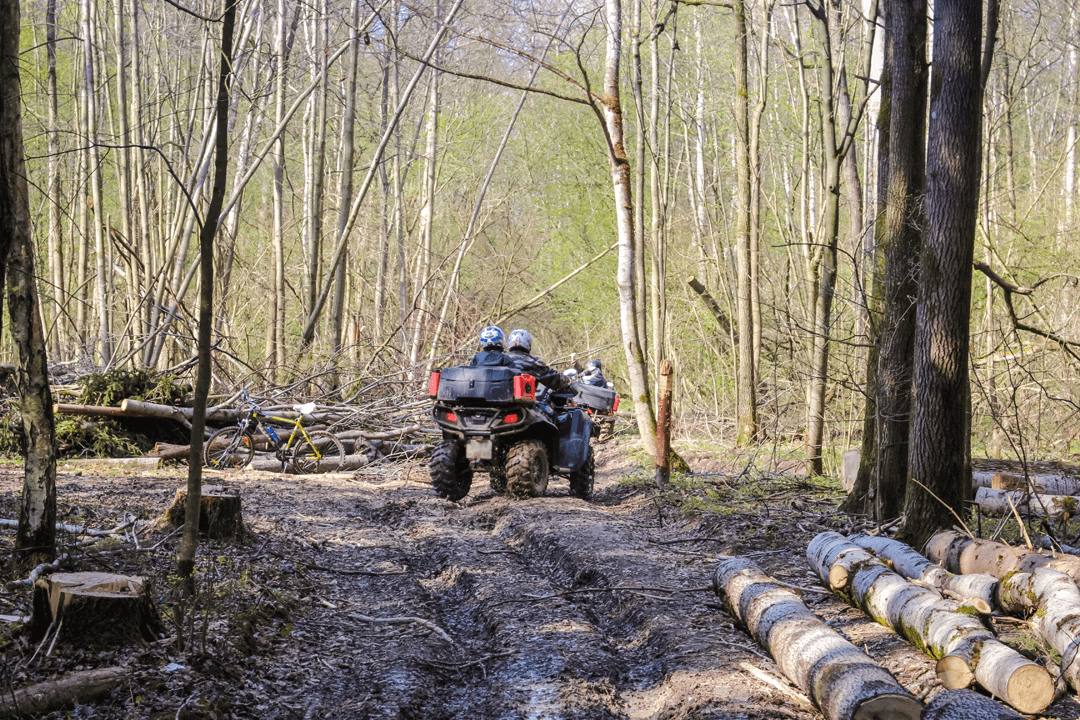 ;
;
